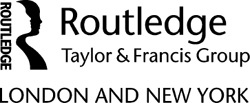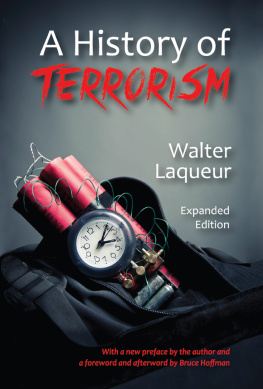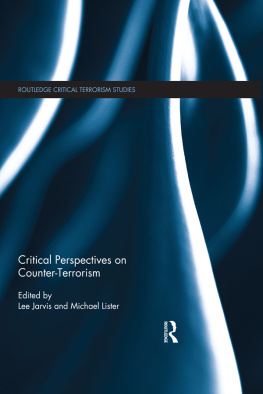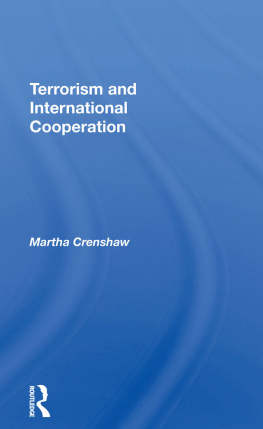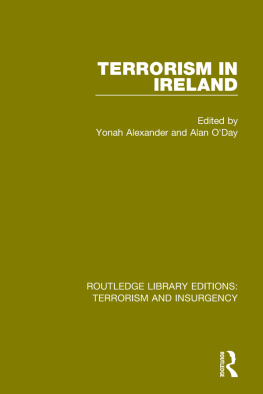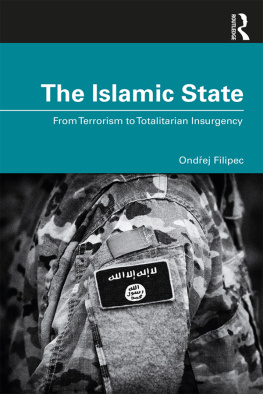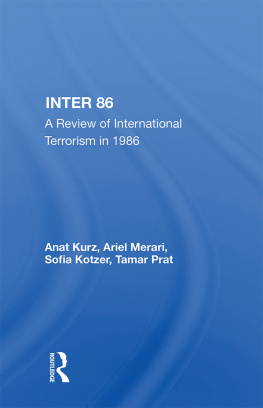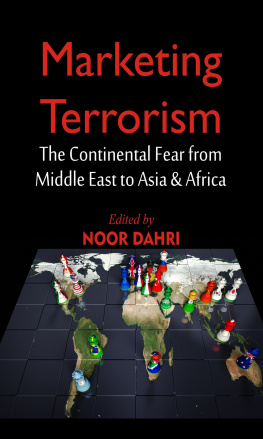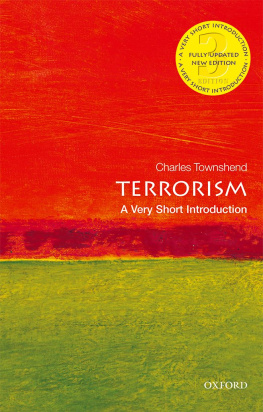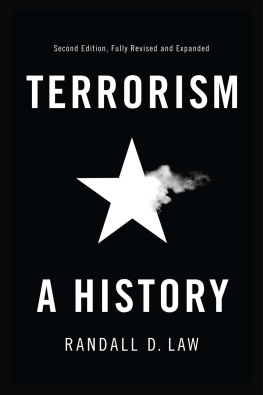First published in 1988 by Croom Helm Ltd
This edition first published in 2021
by Routledge
2 Park Square, Milton Park, Abingdon, Oxon OX14 4RN
and by Routledge
52 Vanderbilt Avenue, New York, NY 10017
Routledge is an imprint of the Taylor & Francis Group, an informa business
1988 Roger Fontaine
All rights reserved. No part of this book may be reprinted or reproduced or utilised in any form or by any electronic, mechanical, or other means, now known or hereafter invented, including photocopying and recording, or in any information storage or retrieval system, without permission in writing from the publishers.
Trademark notice: Product or corporate names may be trademarks or registered trademarks, and are used only for identification and explanation without intent to infringe.
British Library Cataloguing in Publication Data
A catalogue record for this book is available from the British Library
ISBN: 978-0-367-70773-6 (Set)
ISBN: 978-1-00-314791-6 (Set) (ebk)
ISBN: 978-0-367-69600-9 (Volume 5) (hbk)
ISBN: 978-1-00-314248-5 (Volume 5) (ebk)
Publishers Note
The publisher has gone to great lengths to ensure the quality of this reprint but points out that some imperfections in the original copies may be apparent.
Disclaimer
The publisher has made every effort to trace copyright holders and would welcome correspondence from those they have been unable to trace.
USA | Publishing Office: | Crane, Russak & Company
3 East 44th St., New York, NY 10017 |
Sales Office: | Taylor & Francis Philadelphia
242 Cherry St., Philadelphia, PA 19106-1906 |
UK | Taylor & Francis Ltd.
4 John St., London WC1N 2ET |
Terrorism: The Cuban Connection
Copyright 1988 Crane, Russak & Company
All rights reserved. No Part of this publication may be reproduced, stored in a retrieval system, or transmitted, in any form or by any means, electronic, electrostatic, magnetic tape, mechanical, photocopying, recording or otherwise, without the prior permission of the copyright owner.
First published 1988
Printed in the United States of America
Library of Congress Cataloging in Publication Data
Fontaine, Roger W.
Terrorism : The Cuban connection.
(The International book series on terrorism)
Bibliography: p.
Includes index.
1. Terrorism. 2. TerroristsTraining ofCuba.
3. Intelligence serviceCuba. 4. CubaForeign
relations. I. Title. II. Series.
HV6431.F65 1988 303.625097291 87-18088
ISBN 0-8448-1521-7
ISBN 0-8448-1522-5 (pbk.)
Contents
Introduction
Chapter 2 The Break with America, Romance with Russia
Chapter 3 Terrorism in Full Flower
Chapter 4 Cuban-Sponsored Terrorism in the Caribbean
Chapter 5 South America: The Prospects for Terrorism in the 1980s
Chapter 6 Cuba in the Middle East
Chapter 7 The Cubans in Sub-Saharan Africa
Chapter 8 Closer to Home: Cuban Terrorism in the United States
Chapter 9 Conclusion
Appendix A (Documents)
Appendix B (Photographs)
Acronyms
Selected Bibliography
About the Author
Cubas aiding and abetting terrorism is still poorly understood, and that is no accident. It is one mark of Fidel Castros remarkable career that he has successfully cloaked his support of terrorists with the romantic garb of the heroic guerrilla.
Thus, in contrast to other states sponsoring terrorismIran, Libya, Syria, even the Soviet UnionCubas involvement in terrorism has never made headlines and more importantly has avoided nearly all serious inquiry.1
Indeed, even though the Castro regime has practiced terrorism in increasingly sophisticated ways for several decades, no single study has yet been devoted to the subject. Whole books have been written on the regimeeven on its foreign policywithout the topic ever being raised, much less discussed at length. Moreover, that singular lack of curiosity continues to mark Cuban studies while the Castro regime has steadily expanded its scope for terrorism to a nearly world-wide basis. And it has done so in close cooperation with a number of governments and far more groups intent on seizing power through force.
The secrecy in which a Marxist police state shrouds its political games, both foreign and domestic, can explain this, but only in part. The Soviet Union, after all, is the premier regime of this sort, and its involvement in terrorism has been exposed in recent years, albeit gradually and only reluctantly by the Western media.
As a result, Fidel Castro is rarely, if ever, considered to be in the same league as Libyas Muammar Qaddafi or Syrias Hafez Assad. In fact, Castro has been involved in terrorism longer than either Arab leader has been in power.
Moreover, and in contrast, especially to the erratic Qaddafi, Castro employs terrorism with far greater skill, much less publicity, and considerably more success than the clown prince of the Mediterranean. And the Cuban Maximum Leader does so quite consciously and nearly always at the intended expense of his North American adversaries.
Cuban use of terrorism, however, is a complex story. It is not the only instrument of violence in Havanas armory. And Castro, even in his early days in power, did not rely simply on force to achieve his objectives. Nor did he do so while struggling against the hated usurper President Fulgencio Batista.
Nor has Castros targets for subversion, including the use of terrorism, been confined to right-wing military dictatorships as had been popularly assumed. From the beginning, Havana has attempted to overthrow a variety of governments, both dictatorships and democracies, both struggling and well-established. Thus for every General Rafael Trujillo of the Dominican Republic, there has been a Romulo Betancourt of Venezuela or a Jose Napolean Duarte of El Salvador who has been in Castros gun-sights.
Moreover, Cuban-sponsored terrorism has rarely dislodged a military dictator (Somoza being the single and outstanding exception). The Argentine generals, for example, were driven from power because of their own folly in attempting to take the Falkland Islands by force, rather than by the Montoneros, among others. But terrorism did destroy the Uruguayan democracy for a decade and contributed greatly to the destruction of Chiles old political institutions, which culminated in the overthrow of Salvador Allende in 1973 by the armed forces.
But terrorism was not borrowed from abroad by the Cuban leadership. It is, for example, highly unlikely that Castro or any within his revolutionary entourage, including Ernesto Che Guevara, obtained their views on terrorism from V. I. Lenin or other classical revolutionaries.

